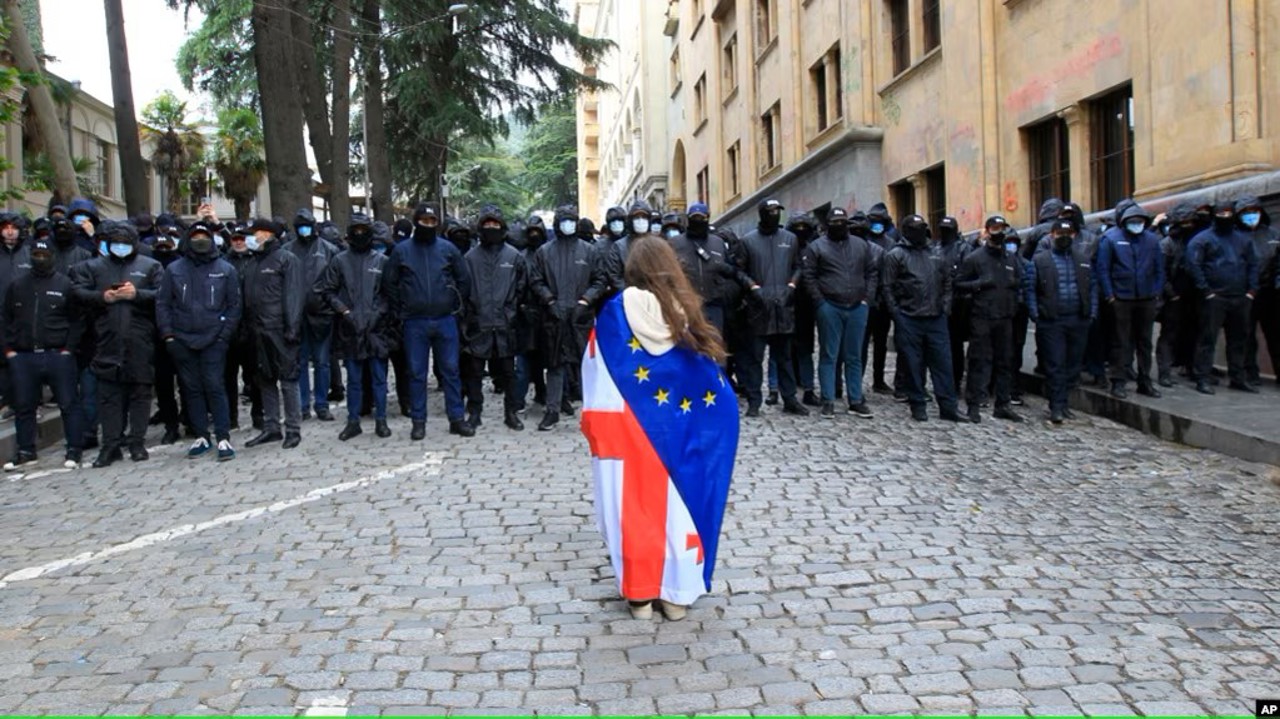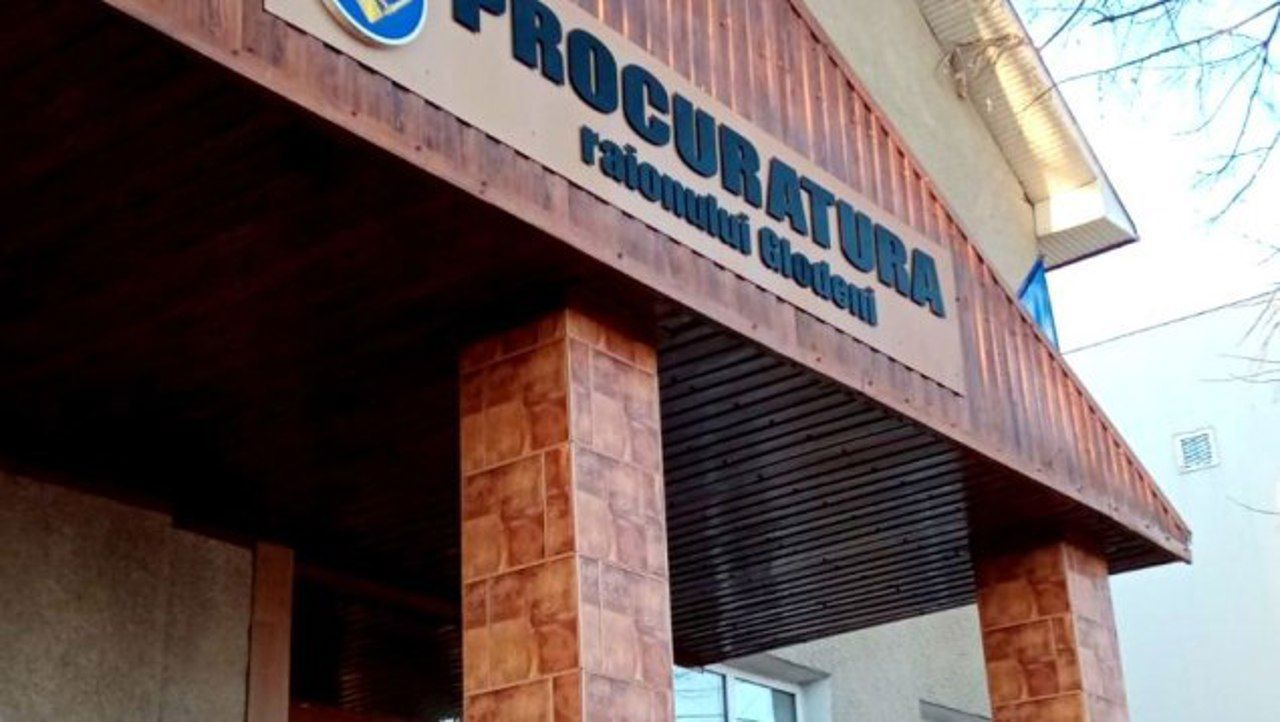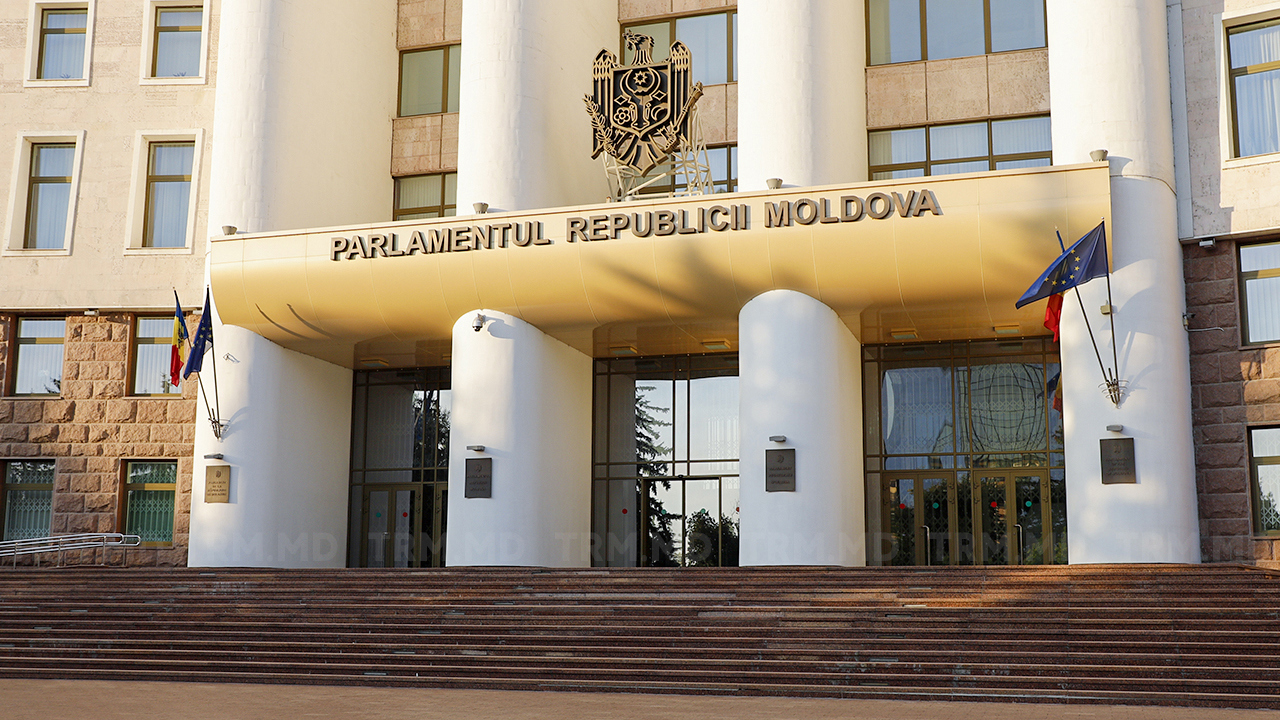Georgia’s Parliament Overrides Veto on Controversial Law
The Parliament of Georgia did not consider the motivated remarks of President Salome Zurabishvili, overriding her veto and ultimately approving the law regarding "foreign agents."

According to ekhokavkaza.com, 84 deputies voted in favour of overriding the president's veto, while 4 deputies voted against it.
In accordance with the Constitution of Georgia, the law is now transmitted to the President of Georgia within three days. Salome Zurabishvili can sign and publish it within five days. If she refuses to sign it, the law will be signed and published by the President of Parliament, Shalva Papuashvili, within five days.
Thus, the document could be published as early as the first days of June. According to the law, within two months, relevant bodies and officials should adopt and publish regulations. The Ministry of Justice of Georgia and the National Agency of Public Registry should conduct "preliminary logistical activities and other activities for the implementation of this law."
According to preliminary information, starting in August, media institutions and NGOs that, according to 2023 data, have received more than 20% of their revenues from abroad, must file a request for registration as organisations of foreign interest through the House of Justice within one month. Otherwise, they will be fined. To identify "organisations pursuing the interests of a foreign power" and to verify compliance with the law, the Ministry of Justice can conduct monitoring at any time, and an authorised official can obtain the necessary information, including personal data.
The vote took place against the backdrop of large-scale action by opponents of the law. Protesters gathered in front of the parliament building at the central entrance and the black entrance, as the side entrance to the legislative forum was blocked. Parliamentarians began to leave the parliament under the shouts of protesters chanting "Slaves."
Critics have nicknamed it the "Russian law" due to its similarity to a law passed in Russia to repress opposition, which has triggered mass protests in Georgia.
The law regarding "foreign agents" has not gone without responses from the USA and the EU. Authorities in Washington are examining "retaliatory measures" after Georgia passed a controversial law regarding "foreign influence." At the same time, the European Union is examining the impact of this law on the candidate status for accession granted to this Caucasian country in December.
A former Soviet republic, Georgia has been officially a candidate for entry into the European Union since December 2023 and also aspires to join NATO.
Translation by Iurie Tataru






